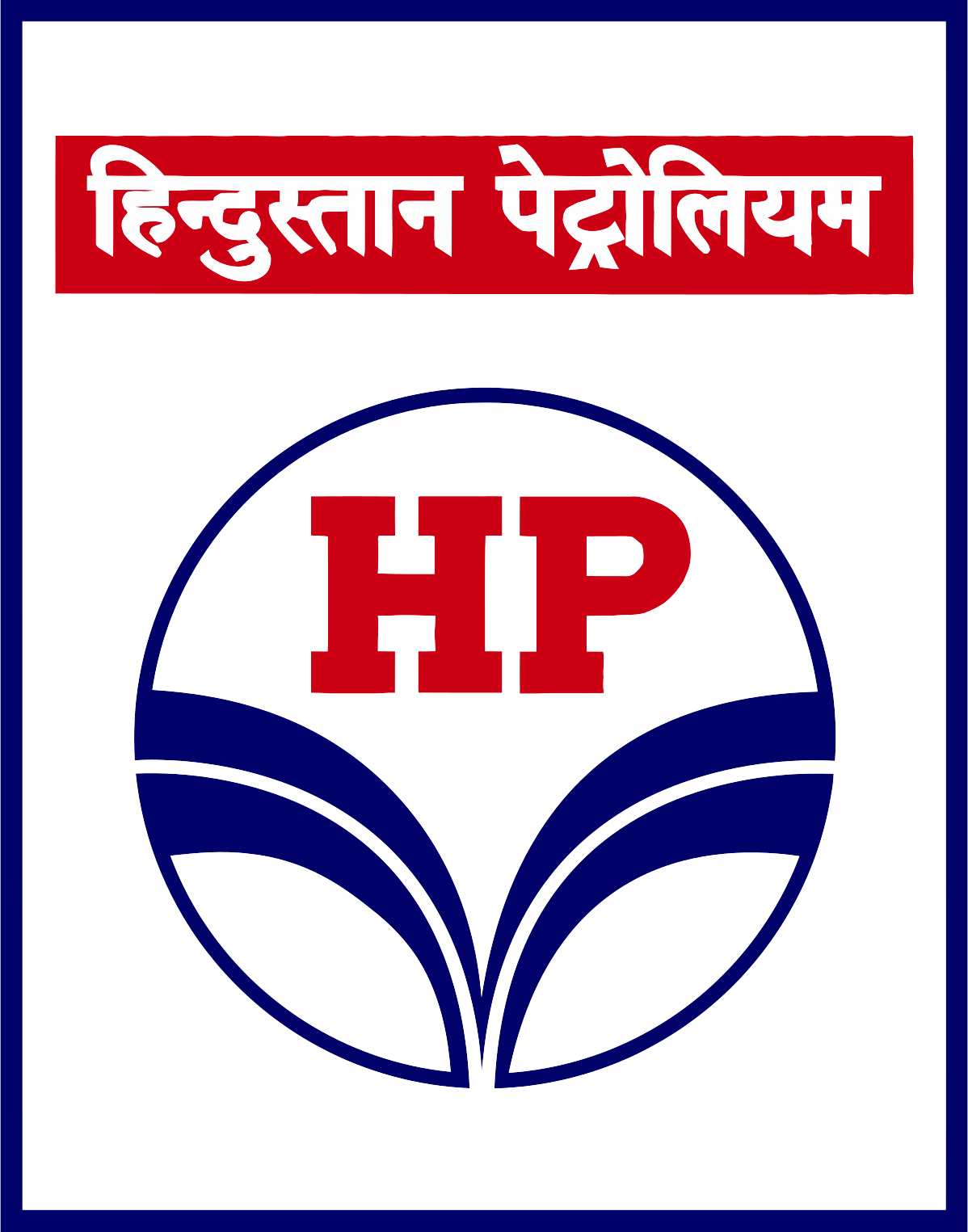Reasons Why Your Organization Needs An LMS For Corporate Training
In today’s fast-paced business environment, organizations must continuously evolve to stay competitive. One critical aspect of this evolution is the development and enhancement of employee skills through effective training programs. A Learning Management System (LMS) can be a game-changer in this regard.
Here are some compelling reasons why your organization needs an LMS for corporate training:
- Centralized Learning Platform An LMS provides a centralized platform where all training materials, resources, and information are stored and easily accessible. This centralization ensures consistency in training content, making it easier for employees to find and use the materials they need. It also simplifies the management of training programs, as everything is housed in one place.
- Improved Training Efficiency Traditional training methods, such as in-person workshops and seminars, can be time-consuming and costly. An LMS allows for the automation of many training processes, such as course delivery, tracking progress, and assessing performance. This automation saves time and reduces administrative burdens.
- Flexible and Accessible Learning One of the biggest advantages of an LMS is the flexibility it offers. Employees can access training materials anytime, anywhere, and on any device. This accessibility is particularly beneficial for remote or global teams, ensuring that all employees, regardless of location, have the opportunity to participate in training programs. It also accommodates different learning styles and paces, allowing employees to learn at their own speed.
- Enhanced Employee Engagement Interactive and engaging training content can significantly improve employee motivation and retention. An LMS can incorporate multimedia elements such as videos, quizzes, and gamified modules to make learning more interactive and enjoyable.
- Effective Tracking and Reporting An LMS provides robust tracking and reporting features, enabling organizations to monitor the progress and performance of their employees. Detailed analytics and reports help identify areas where employees may need additional support or training. This data-driven approach allows for more informed decisions and tailored training programs that address specific needs and gaps.
- Cost-Effective Solution Investing in an LMS can result in significant cost savings over time. By reducing the need for physical training materials, travel, and accommodation expenses for in-person training sessions, organizations can allocate their budgets more efficiently. Additionally, an LMS can scale with your organization, accommodating a growing workforce without proportional increases in training costs.
- Ensures Compliance and Standardization For industries with strict regulatory requirements, maintaining compliance is crucial. An LMS helps ensure that all employees receive standardized training that meets regulatory standards. It also facilitates the documentation and reporting needed for compliance audits, reducing the risk of non-compliance and potential penalties.
- Supports Continuous Learning and Development A culture of continuous learning is vital for the long-term success of any organization. An LMS fosters this culture by providing a platform for ongoing education and professional development. Employees can easily access new courses and resources to enhance their skills and stay updated with industry trends and best practices.
- Scalability and Customization As your organization grows, so do your training needs. An LMS is scalable and can adapt to the changing requirements of your organization. It also offers customization options to align with your organization’s branding and specific training objectives. This flexibility ensures that the LMS continues to meet your needs as they evolve.
- Facilitates Collaboration and Knowledge Sharing An LMS can facilitate collaboration and knowledge sharing among employees. Features such as discussion forums, social learning tools, and peer reviews encourage employees to share their insights and learn from each other. This collaborative approach not only enhances the learning experience but also fosters a sense of community within the organization.
Hence, Incorporating an LMS into your corporate training strategy can provide numerous benefits, from increased efficiency and cost savings to enhanced employee engagement and compliance. By leveraging the power of an LMS, your organization can create a robust and scalable training program that supports the continuous development of your workforce, driving long-term success and competitiveness.
Work Delivered For








2005
WORKING SINCE

500
GLOBAL CLIENTS

100
LMS DEVELOPED

2000
ECOURSES DESIGNED
Get in Touch with Our Experts
Contact Us


